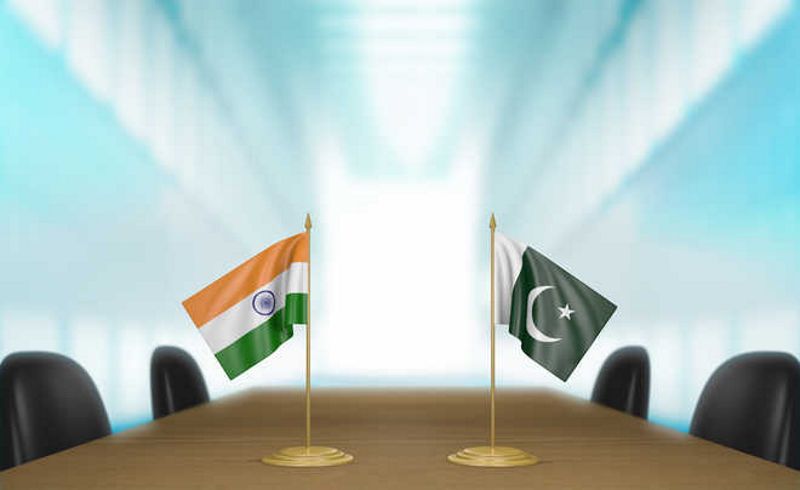
Photo for representational purpose only.
The sudden announcement of a ceasefire along the Line of Control in February gave hope for a thaw in ties with Pakistan. The exact opposite seems to be taking hold months after the Taliban takeover in Afghanistan, and amid India’s continuing LAC standoff with China. True to New Delhi’s apprehensions, there have been ample signs of an emboldened Islamabad opening the terror tap again in the Kashmir valley. The Imran Khan government’s abrupt refusal of permission to a private carrier to overfly its air space, for the Srinagar-Sharjah flight, only brought to the fore the hardening of attitudes. That got amplified by Pakistan’s decision to rake up the Kashmir issue at the United Nations Security Council, forcing India to hit back strongly.
Not much importance can be attached to the decision, after much delay, to allow the use of Pakistani territory for wheat from India to be sent to Afghans, who have been suffering from severe shortages of essential commodities. The gesture on the movement of aid and release of 20 fishermen is being attributed more to an attempt to dial down maritime tensions and avoid retribution, after Pakistan’s coast guard killed an Indian fisherman, than any keenness to repair ties. Pakistan remains invested in its bid to deny New Delhi — which is yet to recognise the Taliban government — any foothold in Kabul. It was made apparent when Pakistan’s NSA flatly turned down his Indian counterpart’s invitation for a meeting of regional powers on Afghanistan, and was quoted in media reports as saying that ‘a spoiler can’t be a peacemaker’.
Even as India confronts the heightened terror and infiltration threats from across the border, it has not shied away from keeping a window open for peace. Reconciliatory steps despite repeated provocations demonstrate a desire for normalisation of relations and easing of tensions. The reopening of the Kartarpur corridor puts the onus, fair and square, on Pakistan.
Join Whatsapp Channel of The Tribune for latest updates.



























